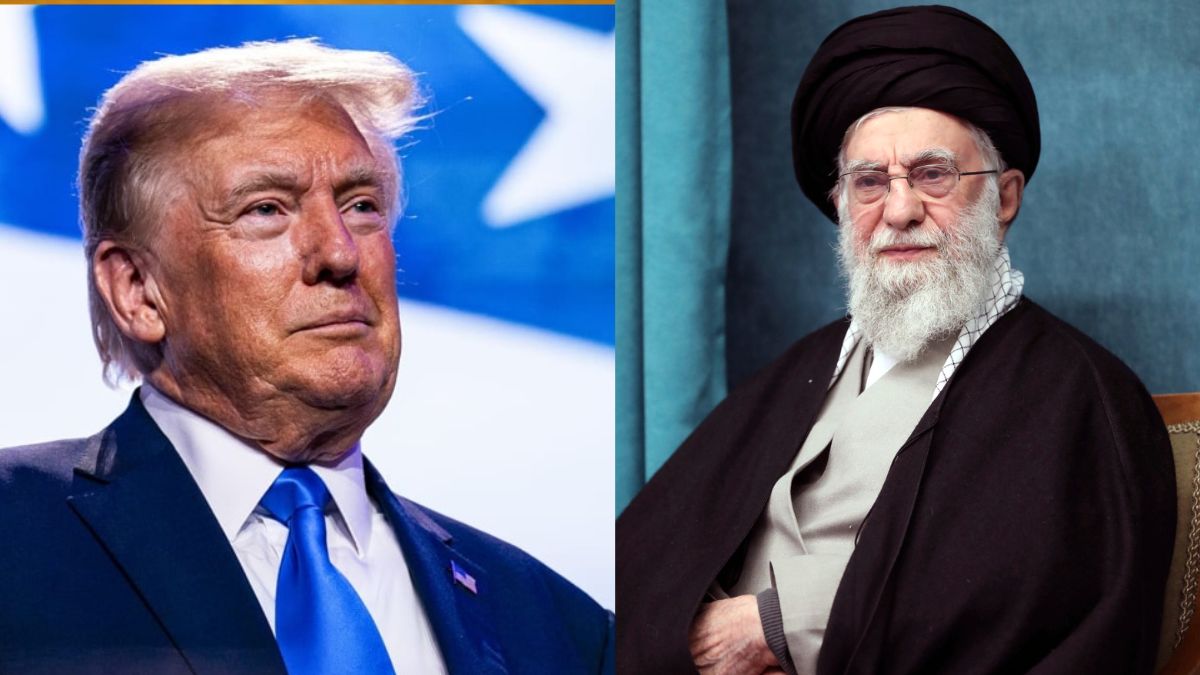Iran on Tuesday responded to US President Donald Trump’s announcement of “direct talks” regarding its nuclear programme, saying that the discussions, scheduled to begin in Oman on Saturday, will actually be conducted in an indirect format.
According to The Guardian report, Iranian officials, however, emphasised that the intentions of the negotiators hold greater significance than the format of the talks.
On Monday, Trump’s revelation took Tehran by surprise, as he indicated that the failure of these talks would place Iran in “great danger.”
This statement comes amid a notable increase in US military presence throughout the Middle East in recent weeks, suggesting a strategy to compel Iran to negotiate with urgency.
The US delegation will be led by Steve Witkoff, Trump’s special envoy to the Middle East, who has previously engaged in talks concerning the Ukraine war. Iran’s side will be represented by Foreign Minister Abbas Araghchi.
Witkoff’s past attempts to mediate peace between Israel and Hamas, as well as between Russia and Ukraine, have not yet yielded success.
Iran had publicly been hesitant about the talks, saying it was ready for indirect discussions with the US but had not yet received a formal response regarding their status.
Impact Shorts
More ShortsIn a post on X shortly after Trump announced the weekend talks during an Oval Office press conference, Foreign Minister Abbas Araghchi referred to the discussions as both an opportunity and a test. He emphasised that the next move rests with the US.
Speaking during a visit to Algiers, Araghchi elaborated that Iran wanted indirect talks.
“The form of negotiations is not important, whether they are direct or indirect. In my opinion, what is important is whether the negotiations are effective or ineffective, whether the parties are serious or not in the negotiations, the intentions of the parties in the negotiations, and the will to reach a solution. These are the criteria for action in any dialogue,” The Guardian quoted Araghchi as saying.
Iran has not agreed to a formula that would transition indirect talks into direct negotiations, despite US expectations for such an evolution. Supreme Leader Ayatollah Ali Khamenei has vetoed direct talks, citing US sanctions and concerns from hardliners who view negotiations as a political trap.
Former Iranian President Hassan Rouhani welcomed the news, noting that if the 2015 nuclear deal had been negotiated indirectly, it could have taken 20 years instead of just two. Trump withdrew from that deal, which had provided sanctions relief in exchange for limits on Iran’s uranium enrichment.
Iran is now assessing whether the US will focus on a new surveillance system for its civil nuclear program, similar to the previous treaty, or if it will push for the dismantling of Iran’s entire nuclear program, an approach likened to the “Libya option.” In 2003, Libya’s Muammar Gaddafi renounced his weapons of mass destruction program under international scrutiny.
With inputs from agencies


)

)
)
)
)
)
)
)
)



